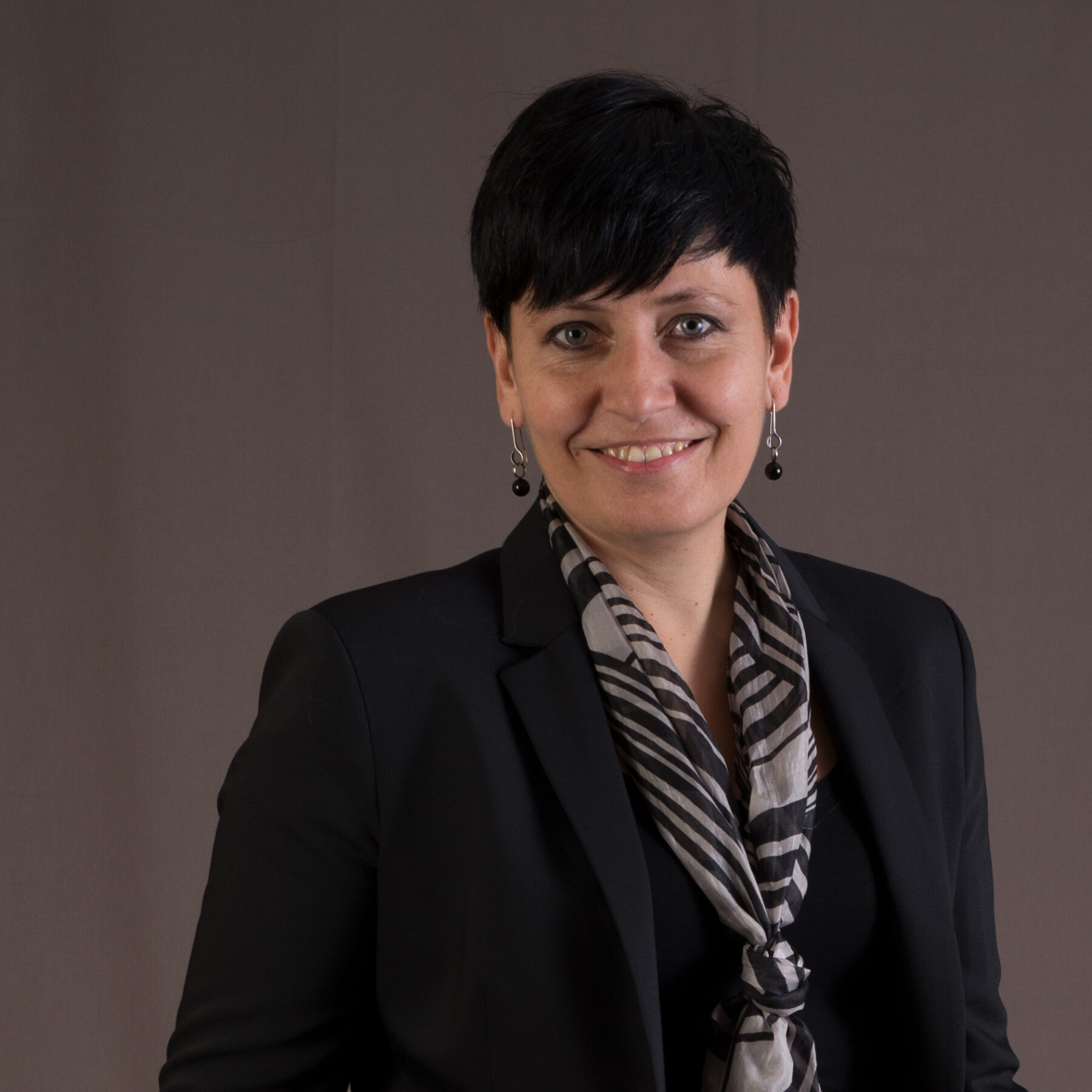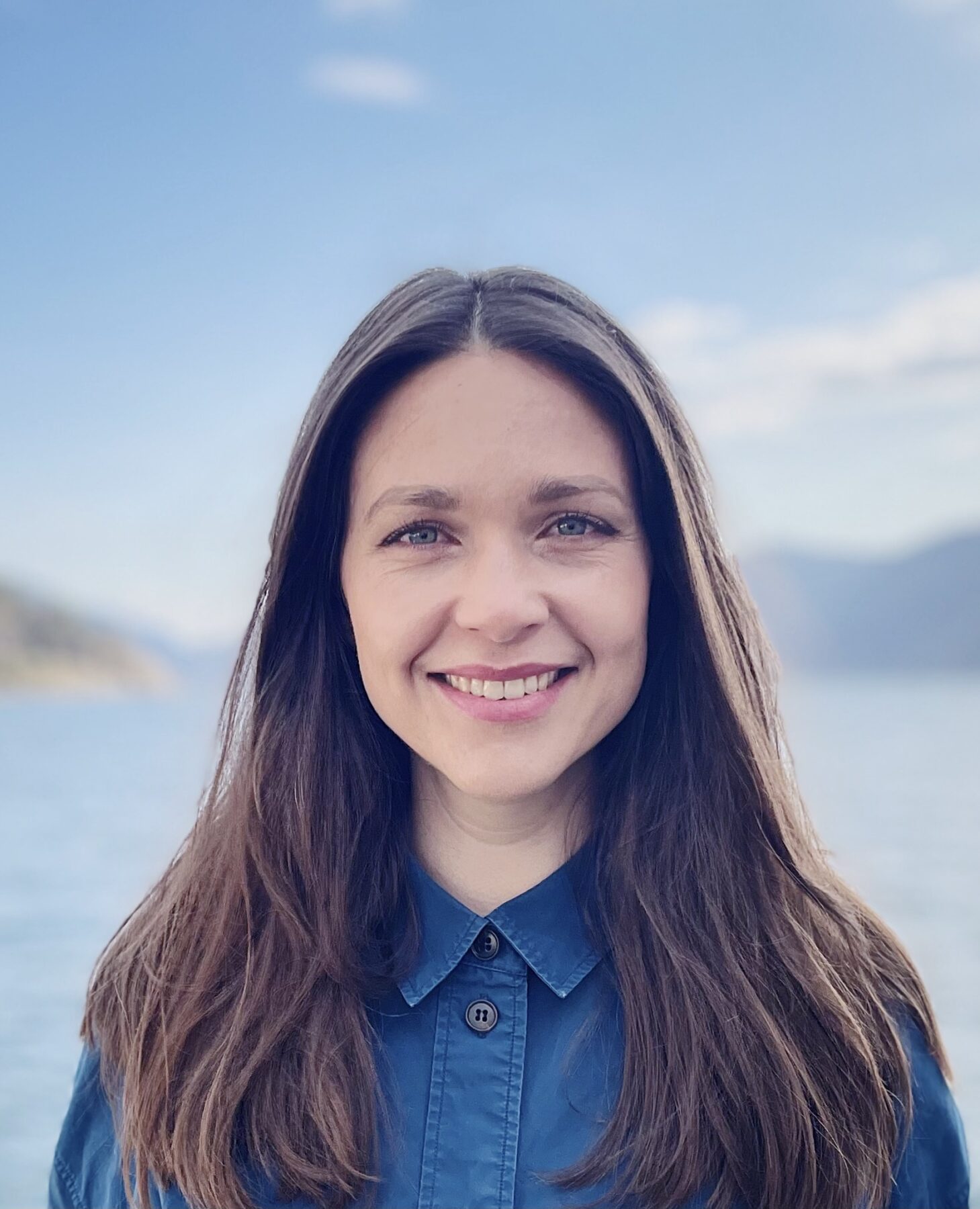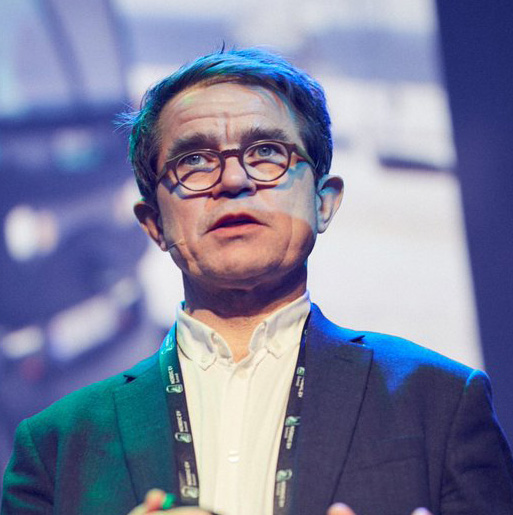The time has come to reclaim our waterways, with driverless passenger ferries. Traditional travel routes can be enhanced or replaced by shuttling passengers across water in in small, autonomous ferries. This will cut emissions, decrease travel time and reduce the strain on land-based infrastructure, not to mention its attractiveness as a mobility concept for passengers, property developers, mobility operators and business owners.
Water bus and initiatives In the Cities
Drammen:
Case Study: Drammen and Hyke – Jason McFarlane, Hydrolift Smart City Ferries
A property developers’ perspective on how urban city ferries can reduce inner city travel times and congestion and contribute to making cities more sustainable and attractive places to live.
Fredrikstad:
The complex journey – Runar Helgesen
The blue shift: Smart urban waterways – Hanna Van Zijp, ZEABUZ
Kristiansund:
Sundbåten – Vegard Evjen Hovstein, Maritime Robotics
Q & A – panel discussion
How to include Waterways in the planning?
Transfer competence between industries
Automation & the Norwegian Road Administration
Pia Meling, Massterly & Bjørn Laksforsmo, Statens vegvesen
Sustainability mobility from planning to operation
Olav Madland, Applied Autonomy
Q & A – panel discussion
Water bus and public transport
Export potential and the opportunity
Sølve Fauskevåg, Innovasjon Norge
The international market potential for autonomous water shuttles is substantial. This session will showcase water shuttle concepts and ongoing private-public initiatives aimed at delivering a practical, safe and environmentally-friendly alternative to public transport. Zero-emission, autonomous water shuttles are here. Are you ready?
About ZAWAS:
The cost-efficient, environmentally friendly future of public transportation in urban areas.
ZAWAS is a ground-breaking new initiative by three innovation clusters and 17 partners from the maritime sector, academia, and public sector in Norway. The project aims to take Norway’s maritime industry to the next generation – through transforming our waterways into rapid, zero-emission, autonomous public transportation transits.
The collaborating partners in ZAWAS have the technology, know-how and testbeds to build and pilot zero-emission autonomous water shuttles. Over the coming years the project partners will work together to establish a framework for the widespread use of autonomous water shuttles in urban areas around the world. This involves transitioning from pilot ferries to full-scale operational shuttles, developing the infrastructure for energy supply and working alongside maritime authorities to adapt legislation.
ZAWAS is funded by Innovation Norway.

Torun Degnes, CEO at SAMS Norway, a business cluster focusing on the development of systems for sustainable autonomous transport solutions used on land, air, and sea. Degnes has several years of experience within different clusters and over 20 years of experience with innovation and product development from various types of industry. Both as CEO of Techni AS and as consultant in innovation processes for multiple companies. As the cluster manager Degnes is overall responsible for all activities within the cluster and works with partners across the nation as well as across borders. Degnes earned a master’s degree in industrial design from Oslo and has complimentary courses in Innovation, Management and Democracy.

Jason is passionate about innovation and emerging technologies and how they can be utilized towards more sustainable and liveable cities. His strong technical foundation in systems development is combined with a creative drive for exploring new and better solutions and the ability to bring ideas to realization. Jason holds a degree in engineering specializing in computer systems, and an MSc in information systems management. He started as CTO at Hyke – Hydrolift Smart City Ferries in 2021 bringing with him broad cross-industry experience with several roles at management level. Jason’s’ career includes over 14 years of experience from Kongsberg Maritime that included the concept and technical development of autonomous systems.

Hanna Maria van Zijp is an urban planner, ferry nerd and director of public affairs in Zeabuz. Nordic tech company Zeabuz develops autonomous systems for clean, blue mobility solutions in sustainable cities of the future.

Massterly is the world’s first company set up to operate zero emission, autonomous vessels.
Their aim is to enable a shift in transport from road to sea; through cost-effective, safe and environmentally friendly logistics. Massterly is a joint venture between Kongsberg Maritime and Wilhelmsen; a unique partnership between a leading technology provider and an innovative shipping and logistics group.
Pia Meling has broad management experience from shipping and the maritime industry; both within chartering and commercial management of vessels at the leading dry bulk operator Klaveness, as the General Manager of Nav/Com service provider Radio Holland, the Marketing & Communications Manager for scrubber manufacturer Clean Marine and as Area Sales Director for Marine Products in Wilhelmsen Ships Service.
Pia serves on the Board of TECO 2030 ASA (a maritime engineering company with focus on a cleaner environment), on the Board of port logistics provider Westport AS and she is a member of the Ocean portfolio board in The Research Council of Norway.
Meling holds an MBA from the Norwegian School of Economics.

Olav introduced self-driving vehicles to Norway the spring 2016 and has responsibility for over 20 operations in Norway and Europe with autonomous vehicles and automated transport.
He has the coordination responsibility of the National Testarena in Kongsberg with autonomous transport integrated with Public Transport. The test arena is integrated with municipality, county administration, transport operators and the National Public Road Administration.
Olav has an Honours degree within information technology, statistics, and administration from the University of Bergen (1989), followed by a series of business management courses from Europe’s prestigious and leading business school INSEAD (1999), in Paris, France.
His background shows a balanced mix of management roles within the telecom, banking, and finance sectors.
He therefore is fully aware of the complexity of working internationally, and of how to connect heterogeneous systems and actors to support automated solutions and sustainability.

Sølve has focussed on international business development from The European Free Trade Association, to Rolls-Royce and Innovation Norway for over a decade. He’s now on a mission to grow the Norwegian eco-system of green solutions and unlock sustainable commercial opportunities worldwide.
Sølve is responsible for development of Innovation Norway’s portfolio of business services for the green and digtial transition happening in Norway right now. Before joining Innovation Norway, Sølve helped Rolls-Royce Marine restructure the business for a sustainable future of digitally optimized and emssion free maritime solutions.
Earlier, Sølve worked extensively with green transformation programmes in Europe through his work for the European Free Trade Association, where he contributed to funding sustainable development projects across several EU/EEA states.

Maritime Robotics is one of the internationally pioneering companies within Unmanned Surface Vessels (USVs) and has delivered more than 60 unmanned boats to international customers within maritime data acquisition. Based on their core-technology within maritime control systems, Maritime Robotics is now scaling their technologies into other business areas.
Vegard Evjen Hovstein is the CEO of Maritime Robotics, and has worked in the unmanned vehicle business his entire career since he graduated from the Department of Engineering Cybernetics at the Norwegian University of Science Technology in 2001. Vegard founded Maritime Robotics in 2005, and serves as a board member of the Norwegian Forum for Autonomous Ships (NFAS).

Bjørn Laksforsmo is a division director with the Norwegian Road Administration and has a background as director for sea transport with leading ferry operator Torghatten, as well as various management positions with Hurtigruten. Bjørn is passionate about smarter ways of working and he is an experienced change manager. His vast experience from the ferry sector coupled with his impactful role at the Norwegian Road Administration (a large and innovative purchaser of ferry services) makes for useful input to the autonomous water shuttles discussion



